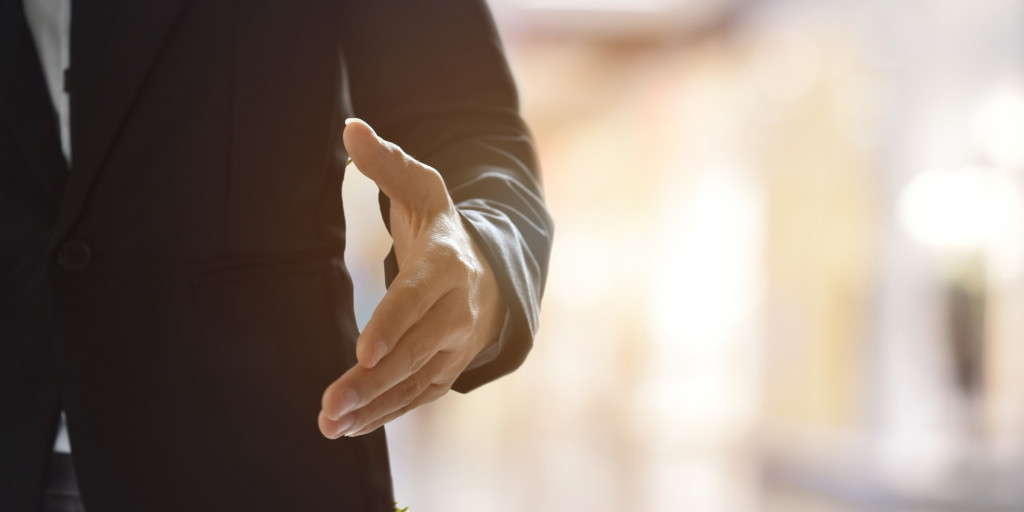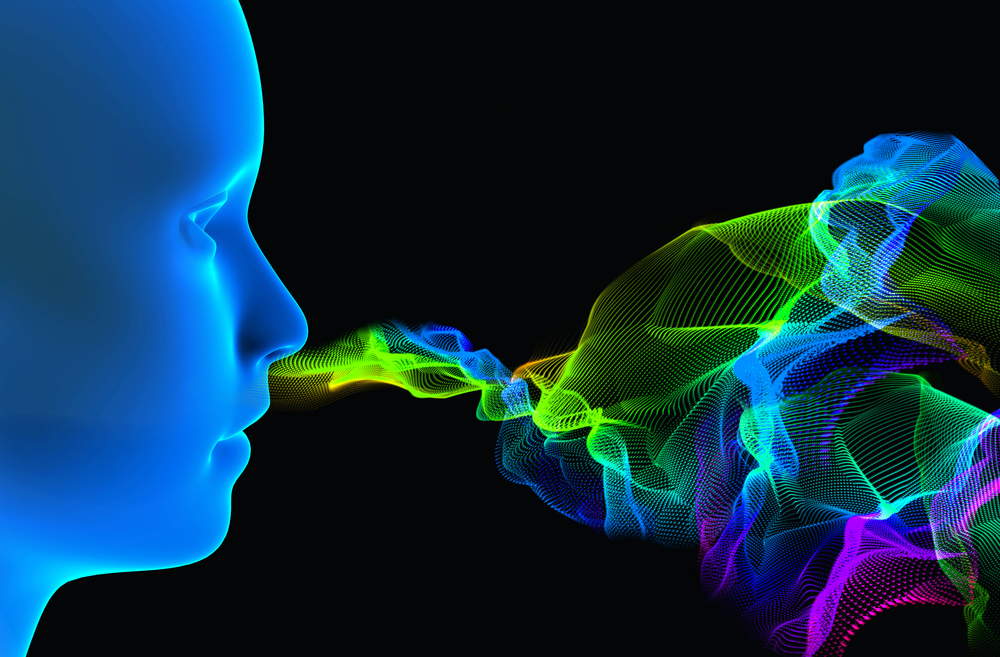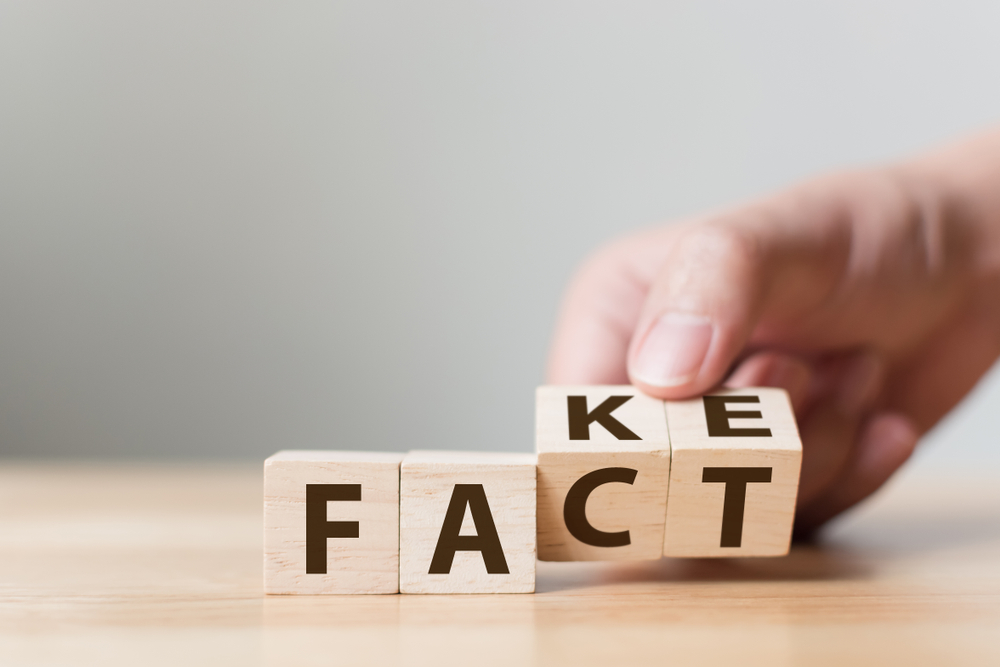A first impression is defined as a judgment that humans tend to form for others when meeting for the first time. These impressions are often made within a fraction of a few seconds, and may last for a while.
Whoever came up with the adage “the first impression is the last impression” was either a true genius or a true fool.
Have you ever met someone and instantly taken a liking to them? But gradually, as time passes, you realize they aren’t really “your type” and start making yourself distant from them?
A vice-versa case: you are introduced to someone for the first time. You greet them and get a vibe that you guys vibe well together. You give it some time and find that your first impression was absolutely correct. You two really do get along great!
Well, if this has happened to all of us, then how can first impressions really be the last (or most important) ones?
What Are First Impressions?
A first impression is defined as a judgment that humans tend to form for others when meeting for the first time. We form these judgments based on physical characteristics—a person wearing crisp clothes is instantly judged to be better than a person wearing gloomy or loose clothes—as well as psychological characteristics—a person might think that bearded men are more dangerous than beardless ones.

Also Read: What Is The Halo And Horn Effect?
Time Taken To Form A First Impression
Whether you have a job interview lined up or a blind date scheduled, you will want to be lightning-fast when it comes to making a good first impression. Psychologists Janine Willis and Alexander Todorov from Princeton University asked just how fast these first impressions really are.
They exposed participants to photographs of unknown faces for 100 milliseconds, 500 milliseconds, or 1,000 milliseconds, and were immediately asked to judge the faces for certain traits such as competence, trustworthiness, and attractiveness. The experiments firstly revealed that there was a negligible change in judgment after the initial 1/10th of a second. Moreover, they revealed a high correlation between the judgments made after the briefest exposure with the ones after the longest exposure. Thus, they concluded that it takes only 1/10th of a second to form a first impression.
The Four Facial Cues That Form The Basis Of First Impressions
Psychologist Leslie Zebrowitz of Brandeis University studied the facial information that we use to judge other people.
-
The first facial cue: baby-facedness – the more one has a face like a baby, the more symmetrical it is. If one’s face diverges more from proportionality and symmetry, one is deemed to be unattractive. Facial symmetry and proportionality signify genetic diversity and the capability of the immune system to fight diseases.
-
The second facial cue: familiarity – Humans tend to judge people based on familiarity with an already known face and the type of relations they share with them in their life.
-
The third facial cue: fitness – healthy people look attractive and others consider them good to have as friends. Unhealthy people, on the other hand, look unattractive and we tend to maintain distance from them, for fear of catching their disease, regardless of whether it is infectious or non-infectious.
-
The fourth facial cue: emotional resemblance – we tend to read the emotional expressions of a person and evaluate them based on that. However, some people have facial features that resemble emotional expressions. For instance, people with lower eyebrows may just look angry, even when they’re not. Likewise, those whose mouths are turned upward at the corners appear to be happy, no matter how they feel.
How Our Other Senses Help To Form First Impressions
Interestingly, our sense of smell can also help us form first impressions, aside from our sense of sight. We tend to prefer to be around someone who smells familiar to us. It’s a sign that they are like us and can provide social support. However, we tend to avoid people who smell too different than us, as they lack a sense of commonality and familiarity.

It is not just smell, even our sense of hearing comes into play. Researchers say that people use voices to instantly judge people. Phil McAleer, a psychologist at the University of Glasgow, Scotland, who led the study, says “From the first word you hear a person speak, you start to form an impression of the person’s personality.”
The Accuracy And Longevity Of First Impressions
First impressions have been known to be accurate, in resonance with the age-old adage, but this frequency is lower than the perfect accuracy: 64.5%.
First impressions have been shown to last for months and affect an individual’s conclusions, even in the presence of conflicting indications about the individual. So, first impressions might not be as accurate as you think.

However, researchers have found that a more accurate first impression increases the likelihood of a long-lasting relationship. Wives who form more accurate impressions of their husbands experience better relationship outcomes.
Accurate impressions promote a feeling of acquaintance, which in turn encourages greater fondness. More accurate first impressions may also benefit relationship development over time. This happens because the perceiver sees their original impressions being confirmed with amplified familiarity. This encouragement increases their feeling of knowing and ease with the person in question.
Also Read: Are Memories Really Accurate?
Recovering From A Bad First Impression
Sure, sometimes, luck might not favor you and you might fail to form a good impression on someone. However, as they say, nothing in this world is permanent; similarly, your first impression is not the last impression that matters. There are always ways to rectify things and the most important tool you have in your hand is the truth.

Imagine that you get in late for work on the first day because your car broke down. Give it a few days and just casually mention (and apologize) what had happened to your colleagues. However, do not apologize more than the situation warrants. It may make you seem like you need a lot of reassurances, which can be a bad second impression!
To conclude, first impressions are definitely vital, but they aren’t set in stone! Like everything else, they can be improved upon with time and honest effort.
How well do you understand the article above!

References (click to expand)
- Wargo, E. (2006). How many seconds to a first impression?. APS Observer, 19.
- Gilron, R., & Gutchess, A. H. (2011, December 3). Remembering first impressions: Effects of intentionality and diagnosticity on subsequent memory. Cognitive, Affective, & Behavioral Neuroscience. Springer Science and Business Media LLC.
- Lass-Hennemann, J., Kuehl, L. K., Schulz, A., Oitzl, M. S., & Schachinger, H. (2011, January 26). Stress Strengthens Memory of First Impressions of Others' Positive Personality Traits. (A. Aleman, Ed.), PLoS ONE. Public Library of Science (PLoS).
- (PDF) First Impression is the last Impression - ResearchGate. ResearchGate
- (2012) Accurate First Impressions Leave a Lasting Impression - CORE. CORE
- Hall J. A., Mast M. S.,& West T. V. (2016). The Social Psychology of Perceiving Others Accurately. Cambridge University Press
